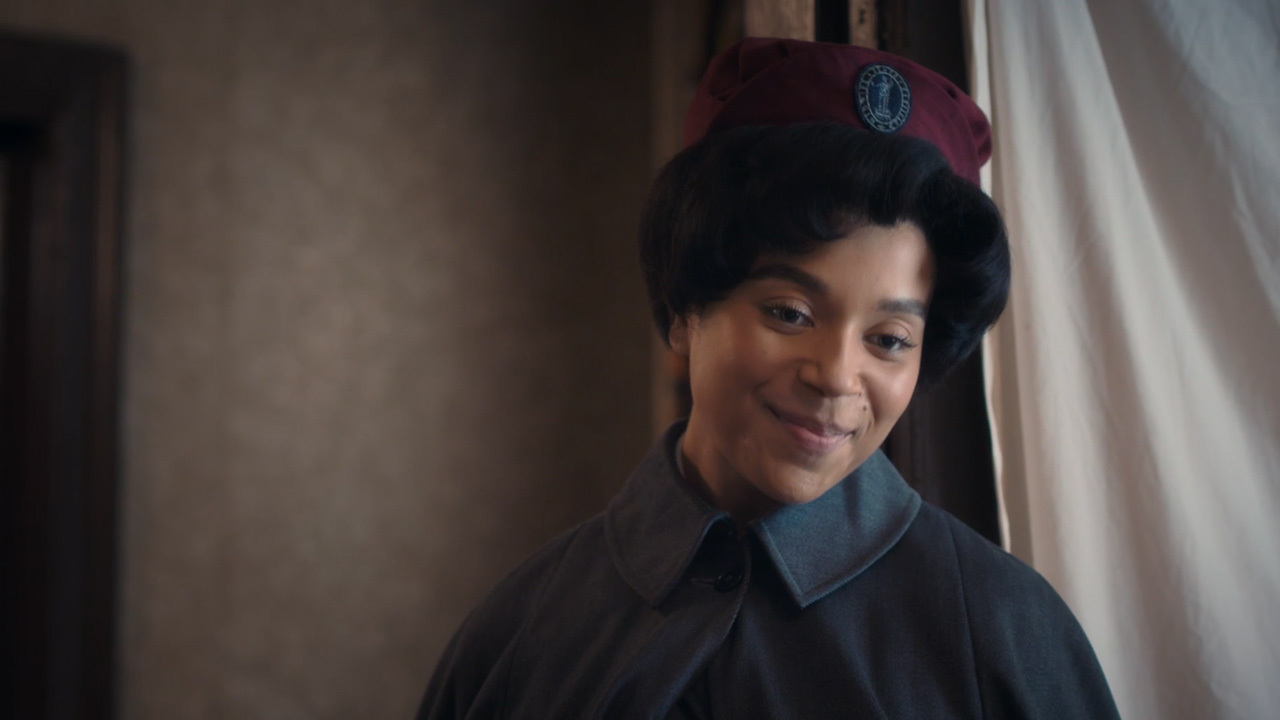After watching this week’s episode of Call the Midwife, I couldn’t help but reflect on how important relationships are between people and their health care providers. One thing I love about midwifery care is the relationship we are able to form with patients and families. I don’t think I could ever be the kind of health care provider who walks in, does a quick exam, and goes about my day, on to the next patient. It’s so important to check in, answer questions, and ensure that the patient has received the care that they desired out of the visit that day. This might seem blatantly obvious, but I cannot tell you how many times patients have told me that I am the only health care provider who sat down in the room to talk about health maintenance and answer questions before jumping into an exam.
It’s hard to blame providers who multitask during visits - asking questions during the exam process, or maybe even not asking that many questions. Unfortunately, most midwives and doctors have a “goal” number of patients to see within a day, which means that we need to try to stay on schedule, and we are only given around 15 minutes per patient. Our schedules, much like Dr. Turner’s, get overbooked. If I have a patient who is in her last month of pregnancy, and she needs to be seen the next week but there are no appointments available, I’m not going to tell her she cannot be seen! I’m going to add her on and do my best to make it work.
Dr. Turner could see how scared Janis Cowper was, and he knew that in the short time that Sister Frances had cared for her, they had established some rapport. He thought that the news of her cervical cancer diagnosis might be delivered better by someone who Janis already trusted, and he was right. Janis mentioned that when she was at St. Cuthbert’s, she felt very observed, poked, and prodded; she was treated much more like an object than a human being. It is so hard to hear this from patients, and while I am very grateful to rarely hear that complaint today, I do hear that providers seem rushed. While it is true that sometimes we feel pressure to rush, I try to briefly pause outside each patient room and take a moment to center myself. Each patient deserves my full attention and time, even if it is just fifteen minutes. There are times when I might not be able to address each one of my patient’s concerns due to time constraints. In those cases, I ask the patient what their top 2-3 concerns are that day, how we can address them, and how we can make a plan to address the additional concerns soon.
The importance of the patient-provider relationship was again illustrated with Lucille and Vivien Thomson. Lucille had started to gain Vivien’s trust, and while she initially made some headway, it was quickly lost when she overstepped her boundaries after taking poor advice from a social worker. Lucille had to work hard to bring that trust back. She started by acknowledging that what she did was wrong, and then continued to prove that she could be a trusted health care professional through her actions. Lucille actively listened to Vivien, she advocated for her, and she was there to provide reassurance when needed. I have found in my own practice that it is so important to be honest and forthcoming when we are wrong. Midwives, nurses, and doctors are humans, too, and we are wrong sometimes. Being able to admit that, and then taking steps to rectify the situation are paramount to reestablishing or maintaining trust with our patients.
At the end of the day, I might not be able to prevent every complication, or maybe I’m not able to give good news to every patient. However, I want to be happy with the type of care I provided. Sometimes this means taking 30-60 minutes on a day off to respond to patient messages and questions via our online health portal. Sometimes it means taking 25 minutes for a postpartum visit when we are only allotted 15. I want to be a midwife that is known for actively listening, taking the time with patients when they need it, advocating for them, and providing patient- and family-centered care.
